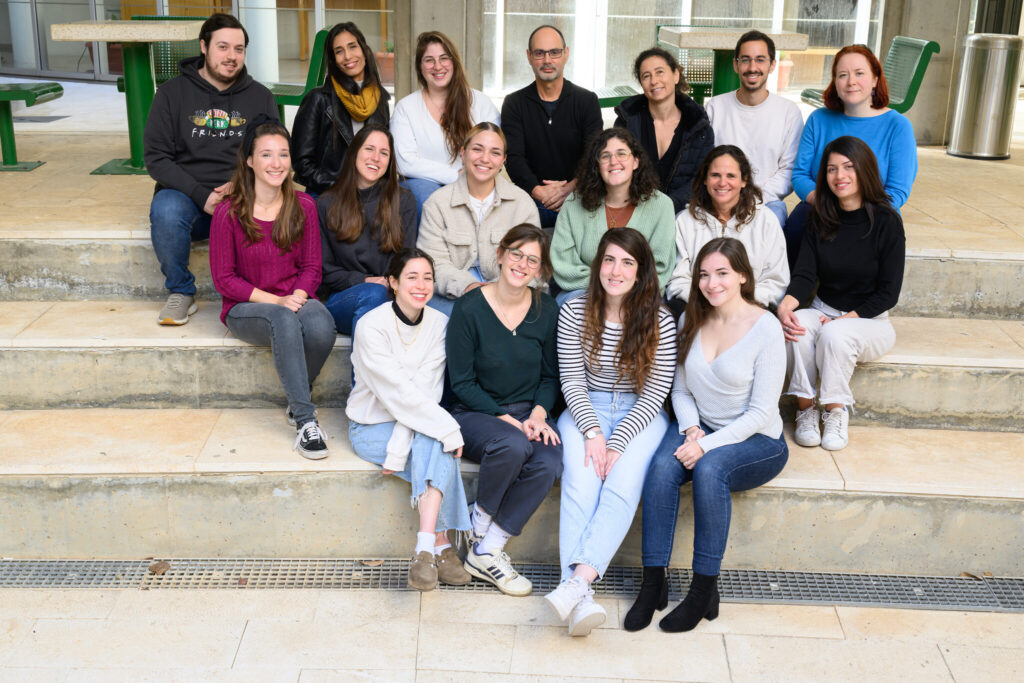
BGU Prof. Liran Goren Uncovering the Earth’s Secrets
BGU Prof. Liran Goren Uncovering the Earth’s Secrets
October 11, 2024

Prof. Liran Goren Department of Earth and Environmental Sciences, Ben Gurion University of the Negev
The Jerusalem Post – When Prof. Liran Goren completed her undergraduate studies in geology and computer science, she could not have imagined her career’s winding path—from investigating the Earth’s deep, hidden layers to focusing on the dynamic processes shaping the very surface we walk on.
After completing her master’s and PhD at the Weizmann Institute of Science and a three-year postdoctoral fellowship in Zurich, she returned to where it all began—Ben-Gurion University of the Negev (BGU) —where she’s been a leading voice in earth science research for the past decade.
Prof. Goren’s research delves into everything from landslides and earthquakes to river patterns and tectonic forces, exploring the forces that shape the world’s landscape.
“I love solving equations,” Prof. Goren says with a smile to The Jerusalem Post, reflecting on her dual computer science and geology background. “Formulating geological problems as mathematical equations, solving them, and then seeing what the solution predicts about the behavior of the system—that’s what excites me.”
On a much longer time scale, Prof. Goren’s research looks at how topography shifts over hundreds of thousands, or even millions of years, under tectonic forces. These slow processes—often just as significant as quick, dramatic events—lead to long-term landscape evolution.
Prof. Goren’s work isn’t just changing how we understand Earth—it also provides clues to how other planets may have evolved. An unexpected breakthrough in her research came when studying Nahal Peratzim, a river near the Dead Sea. Goren and her team noticed that its drainage system formed right-angle tributaries, an unusual occurrence typically not seen in nature. “It was strange,” she recalls. “Rivers don’t usually flow in perfect 90-degree angles.”
The discovery suggested that similar subterranean processes might be at play on the Red Planet. “It’s possible that the same mechanisms influencing Nahal Peratzim are shaping Martian landscapes, which could mean there are caves on Mars, too.”
While she’s cautious about jumping to conclusions, the implications are vast. If these formations on Mars behave similarly to Earth’s drainage networks, it could change our understanding of Martian geology and provide clues about the planet’s potential to harbor life in the past.
Prof. Liran Goren’s work beautifully illustrates the complexity of earth sciences, where questions about tectonics, climate, and surface processes reshape our understanding of our planet and extend to other worlds.



